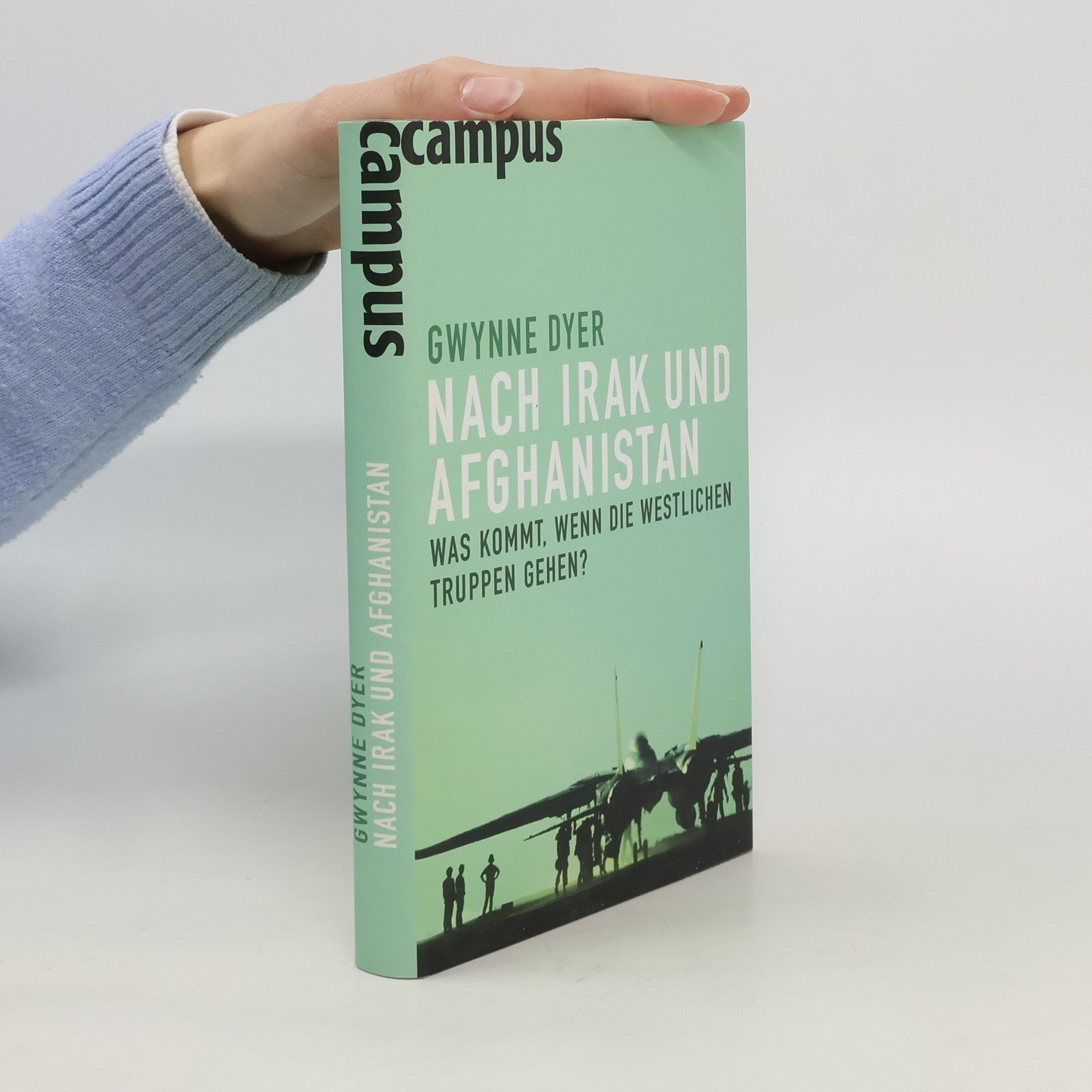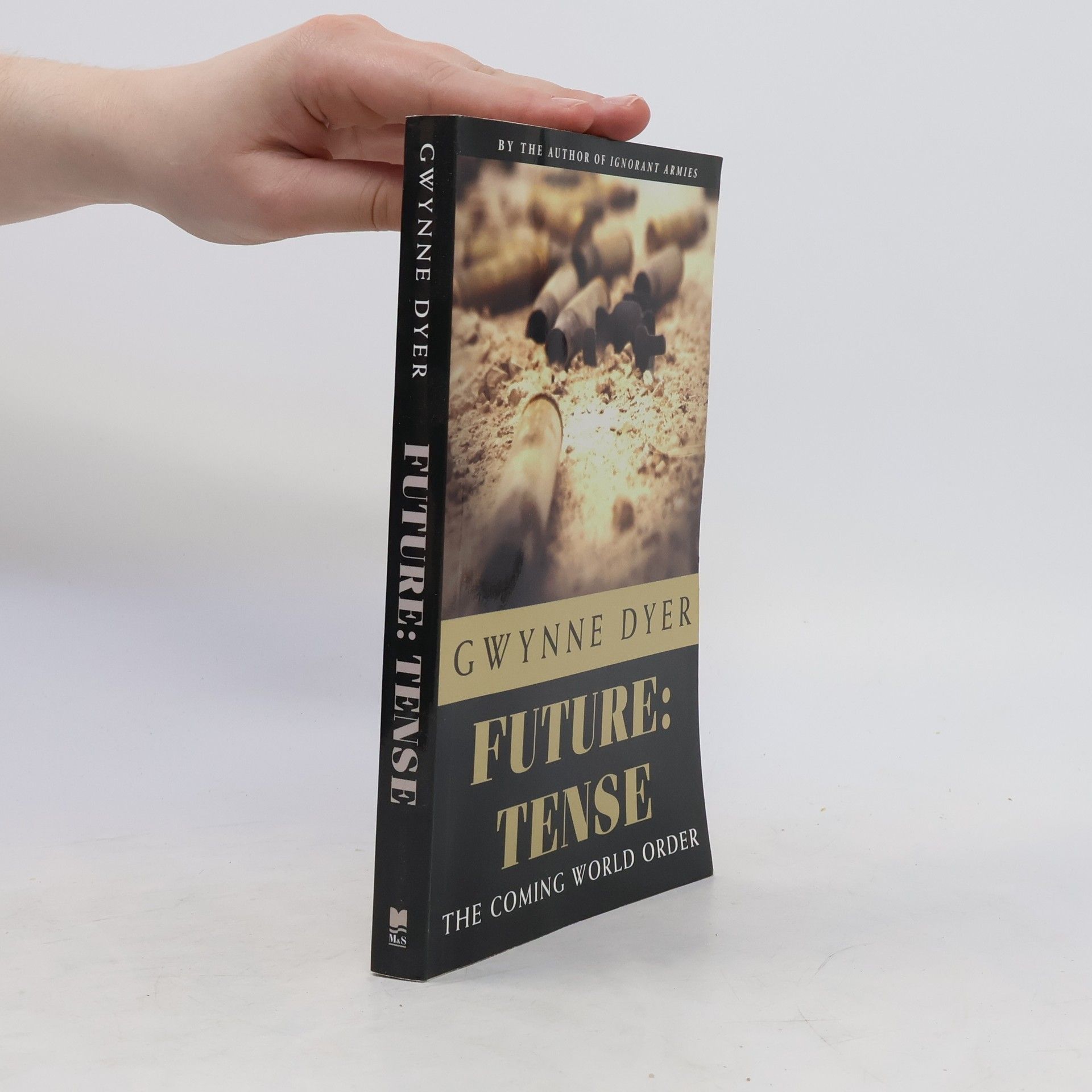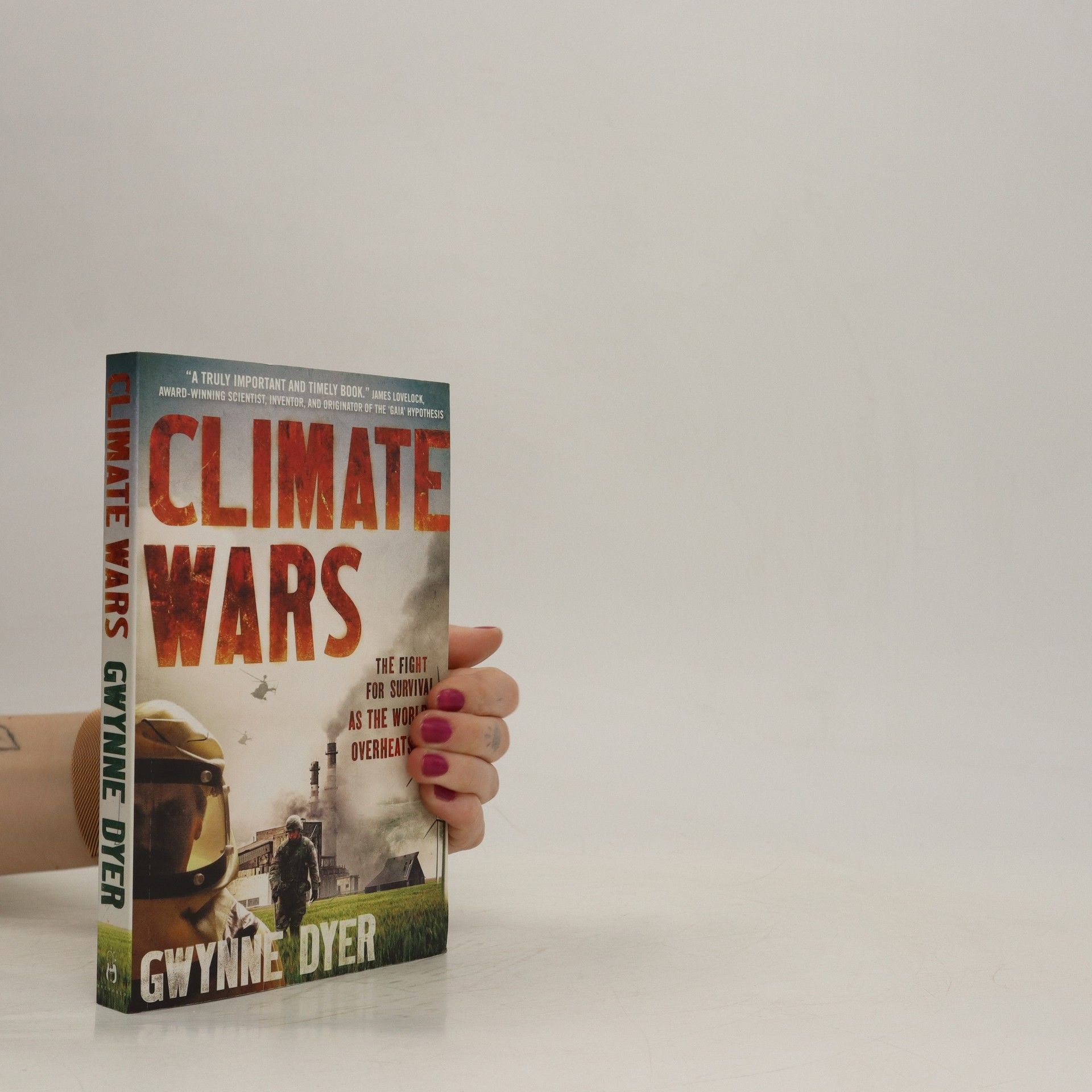The book examines the historical context and strategic failures that contributed to the rise of the Islamic State over 25 years, highlighting the consequences of prolonged Western military interventions in the Middle East. It questions whether a more measured response to Islamist extremism can be achieved, urging readers to reconsider conventional approaches to combating terrorism and to explore alternatives that avoid further escalation.
Gwynne Dyer Livres
Gwynne Dyer est un journaliste et historien militaire canadien dont le travail explore les complexités de la guerre et des relations internationales. Son analyse se caractérise par une profonde compréhension de la stratégie militaire et des forces géopolitiques, disséquant souvent les causes et les conséquences des conflits avec une rigueur analytique détachée. Dyer offre aux lecteurs des perspectives perspicaces sur les événements mondiaux, s'appuyant sur ses recherches approfondies et son expérience journalistique. Son style d'écriture est direct et informatif, visant à éclairer des sujets complexes pour un large public. Il souligne constamment les dangers de l'escalade des conflits et l'impératif de solutions pacifiques.






"Acclaimed historian and military expert Gwynne Dyer tells the story of war from its earliest origins up to the present age of atom bombs and algorithms. Gwynne Dyer chronicles the advent of warfare in the first cities; the rise of inequality and tyranny as humans multiply; the 1000-year classical era of combat until the firearm and the Thirty Years' War, which changed everything. He traces how the brief interlude of limited war before the popular revolutions of the eighteenth century ushered in total war - and how the devastation was halted, for now, by the shock of Hiroshima. We are in the longest stretch of peace between major powers in modern history. It marks a precarious balance, as the looming threats of nuclear proliferation, climate change and superpower rivalry threaten our world. This concise, vivid and clear-sighted book is vital reading for anyone who wants to understand the role of war in the long human story - and how we can stop it from dominating our future"--Publisher's description.
Climate wars : the fight for survival as the world overheats
- 320pages
- 12 heures de lecture
Dwindling resources. Massive population shifts. Natural disasters. Any of the expected consequences of climate change could – as Gwynne Dyer argues in this galvanizing book – tip the world towards chaos and conflict. Based on exhaustive research and interviews with international experts, Climate Wars is an essential guide to the future of the planet.
Future: Tense: The Coming World Order?
- 264pages
- 10 heures de lecture
Exploring the geopolitical tensions and conflicts that could escalate into a global crisis, the narrative delves into the underlying factors contributing to the potential outbreak of World War III. It examines current events, political maneuvers, and the fragile state of international relations, highlighting how today's decisions and actions may set the stage for future warfare. The book offers a thought-provoking analysis of the risks and consequences of escalating conflicts in an increasingly interconnected world.
Dyer beleuchtet die Motive aller Schlüsselfiguren in der Region, seien es die westlichen Militärs, Sunniten und Schiiten im Irak, politische Kräfte im Libanon und Syrien bis hin zu Israelis und Palästinensern. Dabei räumt er auf mit Vorurteilen und Mythen und benennt die wahren Herausforderungen einer stabilen Zukunft: das Flüchtlingsdrama im Irak, die komplexen Stammesbeziehungen in Afghanistan oder die demografische Entwicklung in Israel. Sachlich, pointiert und provokant zugleich entwirft Dyer konkrete Szenarien für die Zukunft des Nahen und Mittleren Ostens. Ein fundierter und unparteiischer Blick in die Zukunft einer Krisenregion.